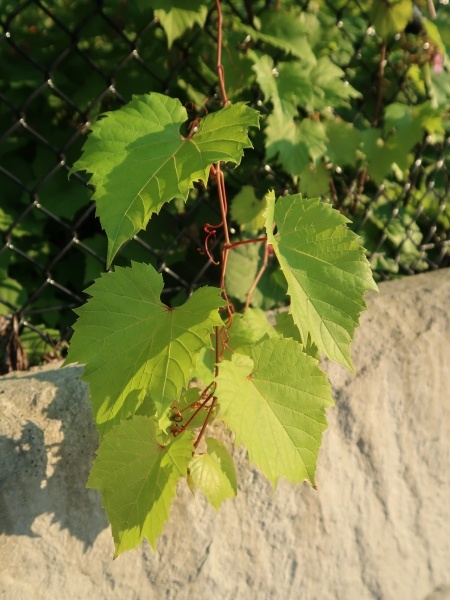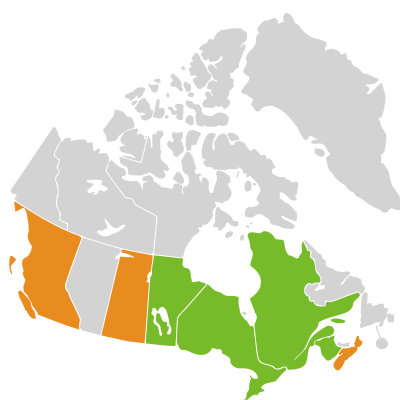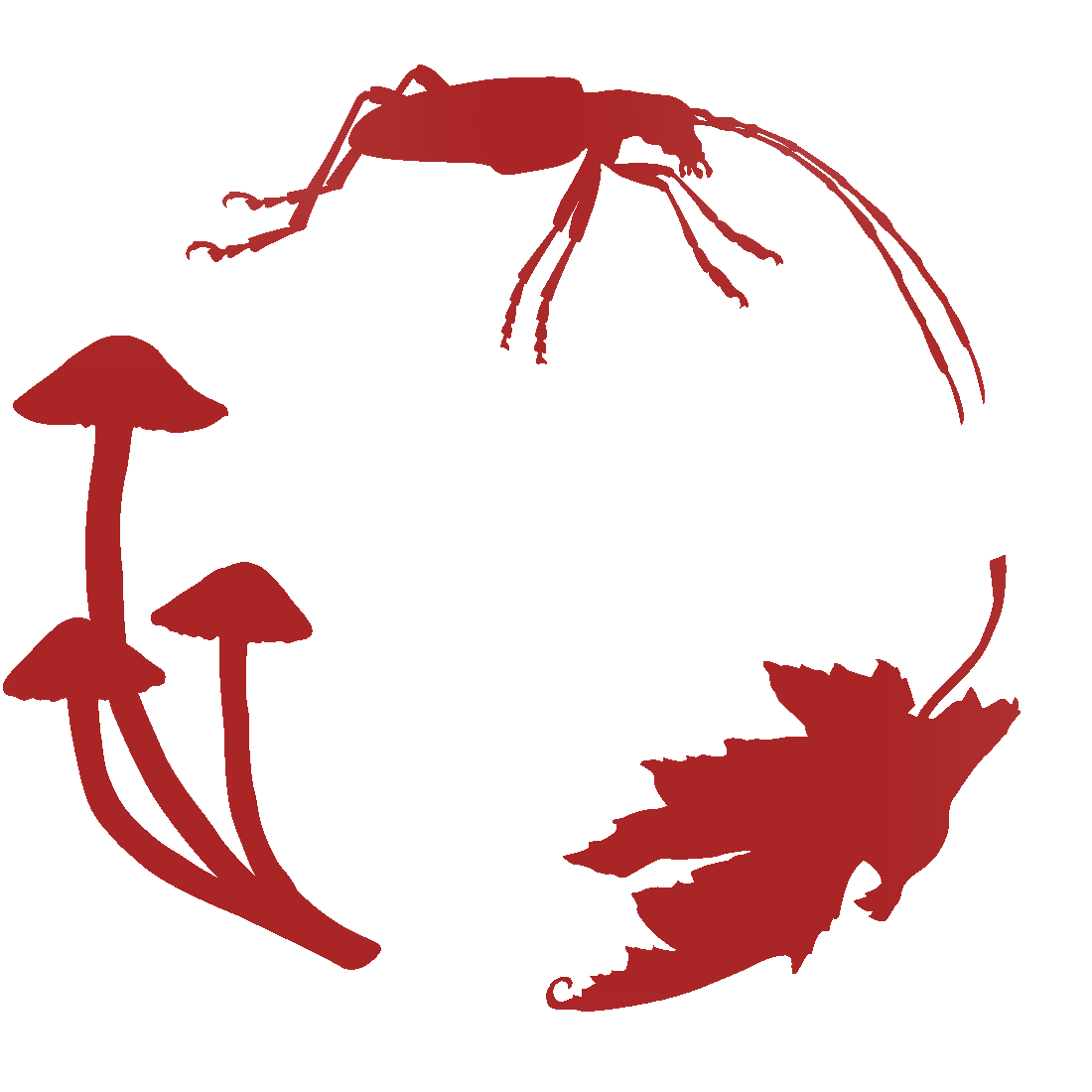 Known to be toxic - Highly toxic to dogs and cats if ingested.
Known to be toxic - Highly toxic to dogs and cats if ingested.

Source: OWSL
Vitis riparia
Riverbank Grape
Vigne des rivages
Synonyms
frost grape
raisin sauvage
vigne sauvage
Seeds in stock
Available at table Vines, Shrubs, Trees
Available at table Vines, Shrubs, Trees
We currently accept seeds for this plant
Bloom Colour: Green
Bloom Period: May - Jun
Max Height: 75.0 feet
Max Width: 6.0 feet (spreads by rhizome)
Light Condition:
 More than 6 hours of direct sun a day
More than 6 hours of direct sun a day
 More than 2 or 3 hours but less than 6 hours of direct sun a day
Soil conditions:
More than 2 or 3 hours but less than 6 hours of direct sun a day
Soil conditions:
 Tolerates medium soil condition
Tolerates medium soil condition
 More than 6 hours of direct sun a day
More than 6 hours of direct sun a day
 More than 2 or 3 hours but less than 6 hours of direct sun a day
More than 2 or 3 hours but less than 6 hours of direct sun a day
 Tolerates medium soil condition
Tolerates medium soil condition
Lifespan:
Perennial
plants that will that come back year after year
Gardener Experience:
 Self-seeding
Self-seeding
 Self-seeding
Self-seeding
Landscape Uses:
No landscape information available.
Ecological Benefits:
 Supports birds
Supports birds
 Supports birds
Supports birds
Tolerates:
 Tolerates limestone conditions
Tolerates limestone conditions
 Tolerates juglone conditions
Tolerates juglone conditions
 Tolerates transplantation
Tolerates transplantation
 Tolerates limestone conditions
Tolerates limestone conditions
 Tolerates juglone conditions
Tolerates juglone conditions
 Tolerates transplantation
Tolerates transplantation
Special Features and Considerations:
Plant Location
Native to Ottawa region: Yes
Distribution according to VASCAN

Ephemeral
Native
Introduced
Excluded
Extirpated
Doubtful
Absent
Thrives in Ecozones
- Atlantic Maritime
- Boreal Plains
- Boreal Shield
- Mixed Wood Plains
Ecological Benefits
Butterflies Supported by Vitis riparia
- Darapsa myron (Virginia Creeper Sphinx Moth)
- Eudryas grata (Beautiful Wood Nymph)
- Eudryas unio (Pearly Wood Nymph)
- Eumorpha pandorus (Pandora sphinx moth)
- Hyles lineata (White lined Sphinx)
- Sphecodina abbottii (Abbott Sphinx)
- Xestia smithii (Smith's Dart)
Specialized Bees Supported by Vitis riparia
No bee data available for this plant.
Plants that grow in similar conditions, that bloom at the same time.
Complementary Plants
- No complementary plants found.
Substitute For Non-Native Plants
- Wisteria frutescens (American Wisteria)
- Lonicera (Non-Native Honeysuckle)
- Clematis (Non-native Clematis)
- Lonicera).1 (Non-Native Honeysuckle)
- Hedera helix (English Ivy)
- Ipomoea (Morning Glories)
Sowing Information
Download Seed Envelope Labels (PDF)
- Sowing depth: Sow just below surface
- Sow by November
- Stratification duration: 180 days
- Self-seeding
- Notes: Soak for 24h.
Harvesting and Seed Sharing
- Harvest start month: September
- Harvesting indicator:
- Berries are ripen and easily fall off or have fallen off
- Harvesting:
- Squeeze berries to extract seeds, wash with soapy water, rinse throroughly
- Seed viability test:
- No test needed before donating
- Packaging measure: A dozen (12) seeds (eyeball)
- Seed storage:
- Air dry in paper bag or open container, for a few days until crisp
- Shake seeds to move them once in a while to prevent molding
- Cultivar: Yes, do not donate unless you know source, and there are no known cultivars in your garden or at proximity
- No harvesting video available at this time.
Toxicity Notes
Highly toxic to dogs and cats if ingested.


 Canadensis
Canadensis
